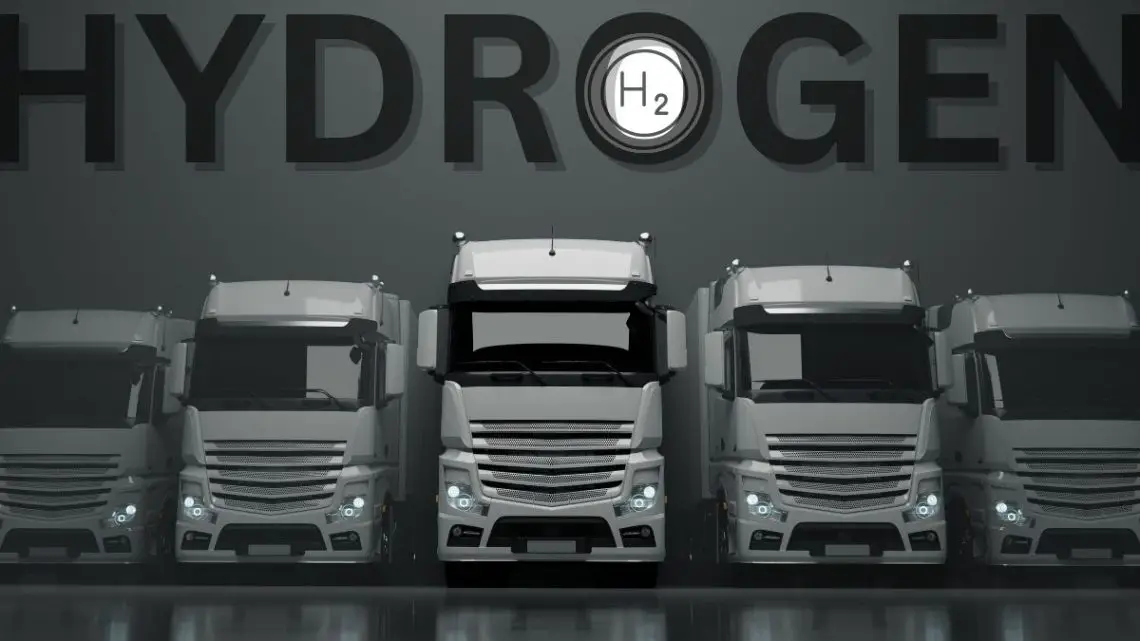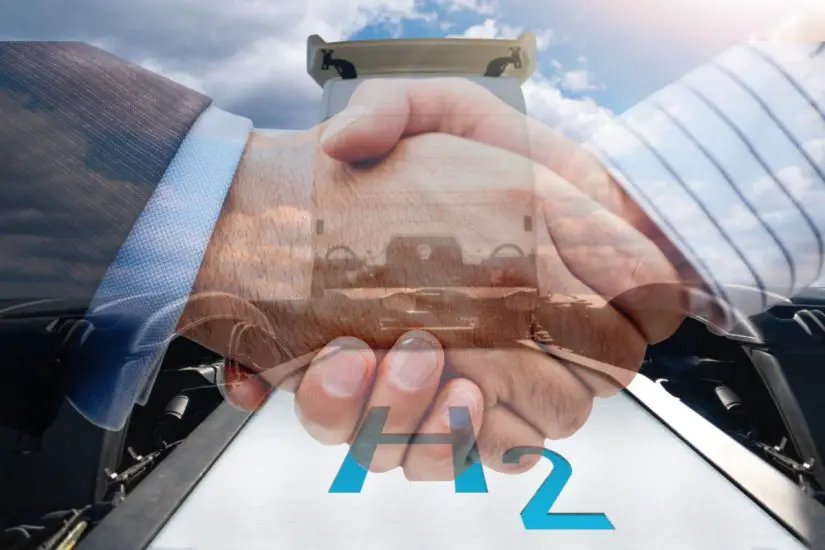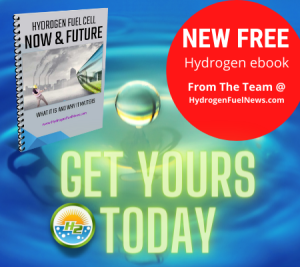
Plug Power Inc. to purchase up to 75 Nikola hydrogen trucks
December 21, 2022Nikola will sell the trucks over three years to Plug Power.
Nikola Corp. (NKLA.O), the zero-emission transportation, energy supply and infrastructure solution company and Plug Power Inc. (PLUG.O), the fuel cell technology developer, have announced a strategic relationship involving hydrogen trucks and moving the hydrogen economy forward.
Plug Power will purchase the Nikola Tre FCEV.
The Nikola Tre fuel cell electric vehicle (FCEV) is a hydrogen-powered cabover designed for longer or continuous metro-regional applications. The industry leading H2 truck is expected to have a range of up to 500 miles.

Plug Power will buy as many as 75 of these hydrogen trucks over the next three years, with the company to receive the first order of trucks in 2023. The fuel cell trucks will be paired with Plug Power’s liquid hydrogen tankers.
The Nikola hydrogen trucks will assist in delivering green hydrogen to customers in North America as part of Plug Power’s commitment to advancing the decarbonization of energy.
Plug Power and Nikola have partnered for more than this latest hydrogen trucks deal.
Back in October, Nikola selected Plug Power to provide its fully integrated liquefaction system for Nikola’s hydrogen hub project, which will be located in Buckeye, Arizona. The liquefaction system will be engineered to produce 30 metric-tons per day in the first phase before being scaled up to 150 metric-tons daily. This hydrogen hub is expected to provide more support to the deployment of the Nikola Tre FCEV program as well as its hydrogen energy business.
Additionally, the companies have entered a 125 metric-tons per day Green Hydrogen Supply Agreement. Nikola is expected to see at least 100 metric-tons of hydrogen daily, with the option to increase volume over time. Moreover, Nikola will be able to source hydrogen from multiple locations throughout the United States as new supply facilities from Plug Power go online.
Nikola Tre FCEV being tested video:
“Nikola and Plug share a common vision for sustainable, efficient, energy solutions which supports our commitment to decarbonize the transportation industry,” said Carey Mendes, Nikola President, Energy in a company news release.
“This strategic relationship will help underpin Nikola’s ambitious growth plans to expand the hydrogen energy business and to support the adoption of Nikola’s zero-emission Class 8 trucks,” Mendes added.
Last month, Nikola said it was continuing with its hydrogen trucks pilot program and expected to complete 17 fuel cell electric truck prototypes by the end of 2022.
HYDROGEN POLL: Cost and infrastructure aside, are you ready to use hydrogen as a source of fuel for home heating?[forminator_poll id=”56493″]



 With over 15 years of reporting hydrogen news, we are your premier source for the latest updates and insights in hydrogen and renewable energy.
With over 15 years of reporting hydrogen news, we are your premier source for the latest updates and insights in hydrogen and renewable energy.
I wonder if Nikola is ready for the next step. What if they could produce their own hydrogen, On-Site, On-Demand – wherever they want it, whenever they want it? We have been doing it on a small scale for 18 years. Ken Hudson
This is great news.
The article is a bit confusing as to the H fuel actually being used. The trucks clearly run on compressed H, but Plug Power delivers liquefied H via tankers to the refueling stations.
It’s odd that they’re still using the “antique” oil refinery model: Produce, liquefy and tanker-truck H from a production hub to the gas stations. We should move beyond that now: just electrolyze water right at the gas stations using ever-greener grid electricity — skip the delivery tankers etc. entirely. The electricity doesn’t care where it extracts the H from water, and moving the energy via the grid is much more efficient than liquefying H, trucking it over the highways then storing it as gas at the stations.
I suppose the H is actually being extracted from natural gas at the Plug Power hubs, but we need to move away from that old model quickly, too.
This is great so glad for this alternative clean fuel to be moving forward. Thank you to all for hard work that is making this possible.
Soon Plug Power, Air Products and Air Gas will be providing hydrogen and sodium batteries to locations across the US for use in the transportation industries. A combination of hydrogen and sodium batteries produced from seawater will create the sustainable energy transition needed in the transportation industries worldwide. Plug Power is a great partner with Nikola, and Nikola has a plan to build hydrogen fueling stations for trucks and automobiles in the US.